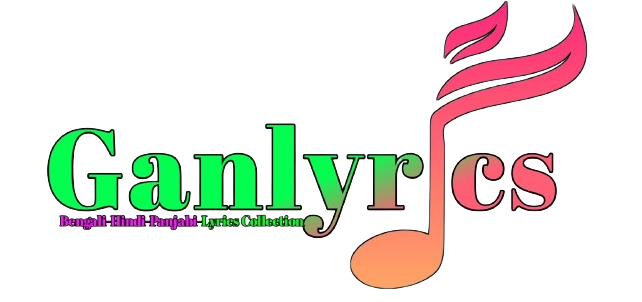Cotovia Lyrics by Diana Vilarinho is a latest Portuguese song in the voice of Diana Vilarinho. Its music too is composed by singer while brand new Cotovia song lyrics are also written by Diana Vilarinho. This is a popular song among the people of United States of America. It is a powerful and poetic anthem of resilience, addressing themes of oppression, injustice, and solidarity. It reflects on the struggles faced by women, speaking against the silencing of their voices and the dehumanization they endure. The song contrasts darkness and light, pain and hope, as it calls for unity and resistance. The “cotovia” (lark) symbolizes hope and renewal, while the imagery of tearing shrouds and transforming them into bonds highlights the strength of collective action and the fight for dignity and equality.
Cotovia Lyrics
[Verso 1]
São panos que são de ferro
Da própria malha do mar
Tecidos de medo e erro
E de um silêncio brutal
Caem no peso dos anos
Que nos atiram p’ra trás
Apagam tudo de preto
Vestem a vida de luto
[Refrão]
O dia da cotovia
De noite o mocho assobia
Quando vos calam a voz
Daqui respondemos nós
[Verso 2]
Sem cara lei que mascara
A ferida que nunca sara
Maldade, orgulho, doente
Achar que mulher não é gente
Tratam a própria existência
Loucura, incoerência
Homens sem amor de mãe
Hão de viver sempre àquem
[Refrão]
O dia da cotovia
De noite o mocho assobia
Quando vos calam a voz
Daqui respondemos nós
[Outro]
Rasgam-se as mortalhas, e os panos são laços
Que nos unem todas em todos os espaços
Rasgam-se as mortalhas, e os panos são laços
Que nos unem todas em todos os espaços
Cotovia Lyrics Meaning
[Verso 1]
This verse paints a picture of hardship and oppression. The “cloths of iron” and “weave of the sea” symbolize struggles that are tough and relentless, like the ocean. Fear, mistakes, and a crushing silence weigh people down over time, erasing hope and covering life in mourning. It reflects how enduring pain and injustice can strip away vitality and joy.
[Refrão]
The refrain is a call for resistance and hope. The “day of the lark” symbolizes renewal and freedom, while the “night owl” represents vigilance and strength in darkness. It’s a promise to respond and fight back when voices are silenced.
[Verso 2]
This verse critiques societal injustices, particularly those faced by women. It condemns unfair laws that hide wounds and perpetuate cruelty, pride, and prejudice. The belief that women are lesser beings is called out as madness and incoherence. It points to a lack of love and compassion, leaving such individuals empty and unfulfilled.
[Refrão]
The refrain repeats to reaffirm the determination to speak up and stand together. It’s a reminder that even in darkness, the fight for justice and equality continues.
[Outro]
The outro symbolizes transformation and unity. The shrouds of mourning are torn apart and turned into ties that bind people together, creating solidarity across all spaces. It’s a powerful image of resilience, connection, and collective strength against oppression.
FAQs
Q. Who has sung Cotovia song?
A. Cotovia song is sung by Diana Vilarinho.
Q. Who wrote Cotovia lyrics?
A. Cotovia lyrics are penned by Diana Vilarinho.
Q. Who has given the music of Cotovia song?
A. Cotovia music is composed and produced by Diana Vilarinho.
“This concludes the lyrics of Cotovia” by Diana Vilarinho. If you like this song please share it with your friends and family in USA. If you find any errors in it, please feel free to submit the correct version via the Contact Us section.

